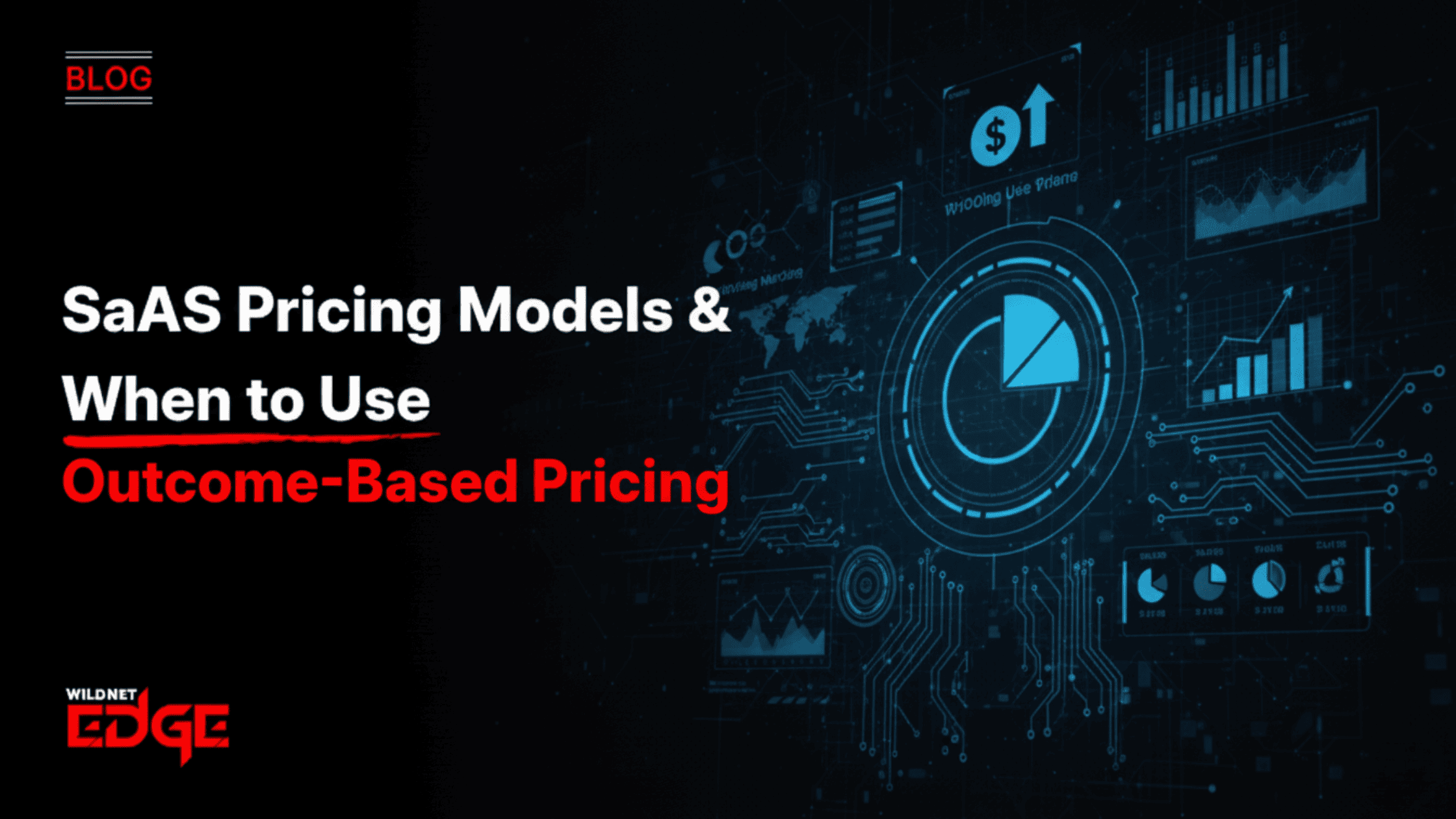Are you struggling to connect with customers seamlessly across every channel? If fragmented data and inconsistent communication are holding your business back, it’s time to rethink your CRM strategy. In this guide, we’ll show you how to build an omnichannel CRM with Salesforce, delivering a unified 360 customer view that drives engagement and boosts sales. Let’s cut through the noise and make customer relationship management effortless.
Understanding the 360 Customer View: The Foundation of Omnichannel CRM
To build a truly effective omnichannel CRM, understanding the 360 customer view is paramount. But what exactly does this term mean in the context of CRM?
The 360 customer view refers to a comprehensive, consolidated profile of every customer’s behaviors, interactions, and transactions across all touchpoints—be it email, social media, mobile apps, websites, or in-store visits. This unified data repository enables businesses to see the customer as one holistic entity rather than fragmented data points scattered across departments.
Why Centralizing Customer Data Matters
Centralizing customer data into a 360 customer view offers several critical benefits:
- Eliminates data silos: By aggregating data across channels, teams can access consistent, up-to-date information in one place.
- Enhances personalization: Tailor your communications based on a full understanding of the customer’s journey and preferences.
- Improves customer experience: A seamless experience becomes possible when interactions are informed by a single source of truth.
- Enables smarter marketing: With integrated data, campaigns can be more strategic and effective, targeting the right customers at the right time.
Impact on Personalized Marketing and Customer Experience
An omnichannel CRM powered by a robust 360 customer view elevates personalized marketing to new heights. Instead of generic broadcasts, you deliver relevant offers on the customer’s preferred channel, influenced by their recent behavior. This not only increases engagement but strengthens brand loyalty.
For example, if your CRM identifies a customer browsing high-end products on your app but abandoning their cart, automated email and SMS reminders can be triggered promptly. Or, if data shows a customer regularly interacts with your brand on social media, personalized campaigns can leverage those channels.
In short, the 360 customer view is the foundation enabling seamless, tailored experiences critical to winning customer trust in today’s competitive market.
Leveraging Salesforce Marketing Cloud for Omnichannel CRM
Salesforce Marketing Cloud is a powerhouse for building omnichannel CRM systems that deliver connected and consistent customer engagement. Here’s how this platform supports your omnichannel strategy.
Overview of Salesforce Marketing Cloud Capabilities
At its core, Salesforce Marketing Cloud allows businesses to craft, automate, and measure campaigns across multiple channels from a single interface. Its core modules include:
- Email Studio: Design and automate targeted email campaigns.
- Mobile Studio: Engage customers via SMS, push notifications, and group messaging.
- Social Studio: Manage and track social interactions across platforms like Facebook, Twitter, and Instagram.
- Journey Builder: Create complex, personalized customer journeys using drag-and-drop workflows.
- Data Studio: Access and activate third-party data for enhanced targeting.
Integration of Email, Social Media, Mobile, and Web Channels
Salesforce Marketing Cloud seamlessly integrates these communication channels to support an omnichannel CRM. This means marketers can launch synchronized campaigns that respond to customer actions in real-time. For example, a promotional offer can be delivered via email, followed up with a push notification and retargeted on social media, all coordinated through Salesforce.
This channel unification ensures customers receive consistent messaging tailored to their channel preferences. No message is lost or duplicated; instead, there’s fluidity and continuity in communication.
Data Unification and Real-Time Customer Insights
An omnichannel CRM requires data cohesion, and Salesforce excels here by collecting data from sales, service, marketing, and commerce systems into a single Customer 360 platform. This unification enables:
- Real-time updates of customer profiles, interactions, and preferences.
- Cross-channel tracking to see the complete picture of customer behavior.
- Actionable insights powered by AI, offering recommendations for next best actions.
Examples of Campaigns using Salesforce Marketing Cloud as the Backbone
Many brands have successfully leveraged Salesforce Marketing Cloud for omnichannel CRM campaigns. For instance:
- Retailers trigger abandoned cart emails paired with tailored mobile push notifications and social retargeting ads, increasing conversion rates by 15-20%.
- Financial services providers use Journey Builder to onboard new customers with personalized email sequences, SMS alerts, and service reminders driven by data captured across web and app interactions.
- Health and wellness brands deliver content via social media and email based on real-time appointment data, enhancing customer loyalty and satisfaction.
Step-by-Step Guide to Building Your Omnichannel CRM with Salesforce
Ready to build your omnichannel CRM with Salesforce Marketing Cloud? Follow these practical steps to get started and keep your system optimized for success.
Connect and Unify Data Sources into Salesforce
- Audit Your Data Sources: Identify all platforms — ecommerce, customer service, social media, email lists, mobile apps — that hold customer data.
- Use Salesforce Connectors & APIs: Integrate these data sources with Salesforce’s Customer 360, ensuring data updates sync in real-time.
- Cleanse and Normalize Data: Standardize formats and remove duplicates to build a reliable dataset.
Configure Customer Journeys and Automation Workflows
- Map Customer Touchpoints: Design customer journeys that cover key engagement moments based on customers’ behaviors.
- Build Cross-Channel Workflows: Use Journey Builder to create automated sequences that trigger emails, push notifications, or social media messages when specific actions occur.
- Personalize Messaging: Leverage data insights to customize offers and content dynamically.
Utilize Analytics to Monitor and Optimize Omnichannel Performance
- Set Key Performance Indicators (KPIs): Define objectives like open rates, conversion rates, and customer lifetime value.
- Use Salesforce Reporting Tools: Monitor each channel’s performance and overall customer engagement metrics.
- Perform A/B Testing: Continuously test different messages, timing, and channels to optimize results.
Best Practices for Maintaining Data Hygiene and Compliance
- Regular Data Audits: Schedule automated checks for outdated or incorrect data.
- Ensure GDPR and CCPA Compliance: Implement consent management and opt-out options.
- Educate Teams: Train staff on data entry standards and privacy protocols.
- Leverage Salesforce Shield: Use native encryption and monitoring tools to safeguard sensitive data.
Trends and Advanced Tactics in Omnichannel CRM
The CRM landscape evolves rapidly. To stay ahead, consider these cutting-edge trends and tactics that enhance your omnichannel CRM strategy.
AI-Driven Personalization and Predictive Analytics
Modern CRM systems, especially Salesforce’s Einstein AI, enable hyper-personalized customer experiences by analyzing vast datasets to predict preferences and behaviors. This helps you:
- Deliver the right message at the right moment.
- Anticipate customer needs and proactively patch pain points.
- Automate churn predictions and retention offers.
Cross-Channel Attribution Models
Understanding which touchpoints contribute most to conversions is crucial. Advanced attribution models allow you to assign value to each interaction—whether email, social, or mobile—helping optimize budget allocation and marketing strategies.
Incorporating IoT and Real-Time Interaction Data
With connected devices and IoT expanding, incorporating sensor data into your CRM adds valuable context. For example, a smart appliance sending usage data can trigger timely maintenance reminders or upgrade offers directly through your Salesforce system.
Enhancing the 360 Customer View with Machine Learning
Machine learning algorithms continuously refine and enrich customer profiles with behavioral insights, enabling more accurate segmentation and engagement strategies. Over time, this dynamic 360 customer view evolves, keeping your CRM relevant and effective.
Conclusion
Building an effective omnichannel CRM with Salesforce Marketing Cloud is essential to delivering personalized, seamless customer experiences that modern buyers expect. At its heart is a robust 360 customer view — your secret weapon to mastering the customer journey in a fragmented digital landscape.
For businesses ready to transform their CRM strategy, WildnetEdge offers trusted expertise and tailored solutions to help you implement and scale your omnichannel CRM quickly and effectively. Together, you can unlock the power of connected customer engagement that drives loyalty and growth. Don’t wait—start harnessing the full potential of Salesforce to revolutionize your customer relationships today.
FAQs
Q1: What is an omnichannel CRM and why is it important?
A1: An omnichannel CRM integrates multiple customer communication channels into a single platform, enabling seamless interactions and a unified 360 customer view. This improves engagement, loyalty, and sales conversions.
Q2: How does Salesforce Marketing Cloud support an omnichannel CRM strategy?
A2: Salesforce Marketing Cloud provides tools for integrating email, mobile, social, and web channels, combined with data unification and automation to deliver personalized and consistent customer experiences.
Q3: What is a 360 customer view in CRM, and how do I achieve it?
A3: A 360 customer view is a comprehensive profile of customer interactions across all channels and touchpoints, achieved by aggregating and syncing data in real time with CRM platforms like Salesforce.
Q4: Can AI improve my omnichannel CRM?
A4: Yes, AI can enhance personalization, predict customer behavior, optimize campaign timing, and improve targeting—boosting the overall effectiveness of your omnichannel CRM.
Q5: How can WildnetEdge help with building an omnichannel CRM?
A5: WildnetEdge offers expert consulting, implementation, and optimization services for Salesforce-based CRM systems, ensuring smooth integration and maximum ROI from your omnichannel efforts.

Nitin Agarwal is a veteran in custom software development. He is fascinated by how software can turn ideas into real-world solutions. With extensive experience designing scalable and efficient systems, he focuses on creating software that delivers tangible results. Nitin enjoys exploring emerging technologies, taking on challenging projects, and mentoring teams to bring ideas to life. He believes that good software is not just about code; it’s about understanding problems and creating value for users. For him, great software combines thoughtful design, clever engineering, and a clear understanding of the problems it’s meant to solve.
 sales@wildnetedge.com
sales@wildnetedge.com +1 (212) 901 8616
+1 (212) 901 8616 +1 (437) 225-7733
+1 (437) 225-7733































